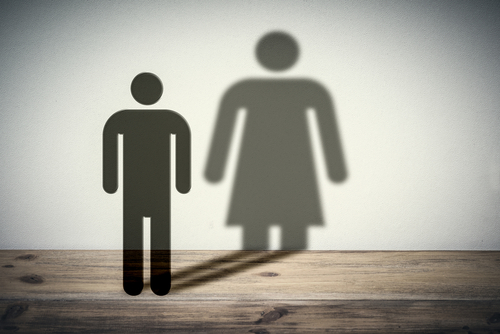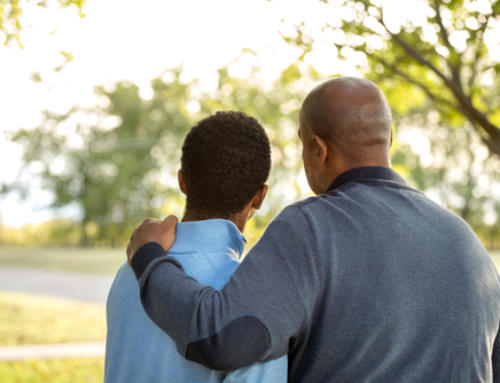Being transgender means that you feel like you belong with a gender that you were not born with. You feel you do not fit with the gender they are assigned with. You know that you are transgender if you feel like you are trapped in your own body and feel you will not be happy unless you pass as the gender you feel you are.
How do childhood desires fit in with being transgender?
You could be showing signs of being unhappy with the gender you were born with at a young age. If these feelings last longer than six months, it is possible you are transgender. When you were little, you might not have liked the gender you were told you are, dressing up in dresses or wearing suits, participating in gender-assigned activities, or reject certain toys. You do not like your anatomy or genitalia which makes you feel sad, angry, confused, or other emotions.
How does detachment from your social role fit in with being transgender?
You could be feeling alienated from things you are asked to do with people of your assigned gender. When you are asked to do things based on your assigned gender, it may feel wrong to you. You might not like someone telling you to wear a dress or to play sports.
How should I feel about the pronouns given to me?
Certain pronouns that people call you can feel odd to here like “sir” or “ma’am.” You know you are the opposite gender if someone giving you the opposite pronoun feels comfortable and nice to hear.
How do I recognize body dysmorphia?
Body dysmorphia is when you feel you are in the wrong body by mistake. The stages of puberty can be shocking or traumatic as getting your period or growing facial hair can seem strange and unwanted. You can be upset by your deepened voice, breast growth, menstruation, etc. You do not like to look at yourself in the mirror, have your picture taken, and tend to hide your body in layers of clothes.
How do I get help?
There are gender therapists that specialize in gender identity, LGBT problems, or gender dysmorphia. Dress and do the things that feel comfortable to you. You can find that certain therapist at http://locator.apa.org. Join groups like PFLAG or GLAAD to find support groups and people like you to share with.
Located in downtown Midland, The Springboard Center’s mission is to offer programs and services to treat alcohol and drug addiction treatment using an evidence based curriculum, 12 step programs, diet, nutrition, exercise, emotional, mental and spiritual development for a long recovery. For more information, please call us at 432-620-0255 as we are open 24 hours a day, 7 days a week.




